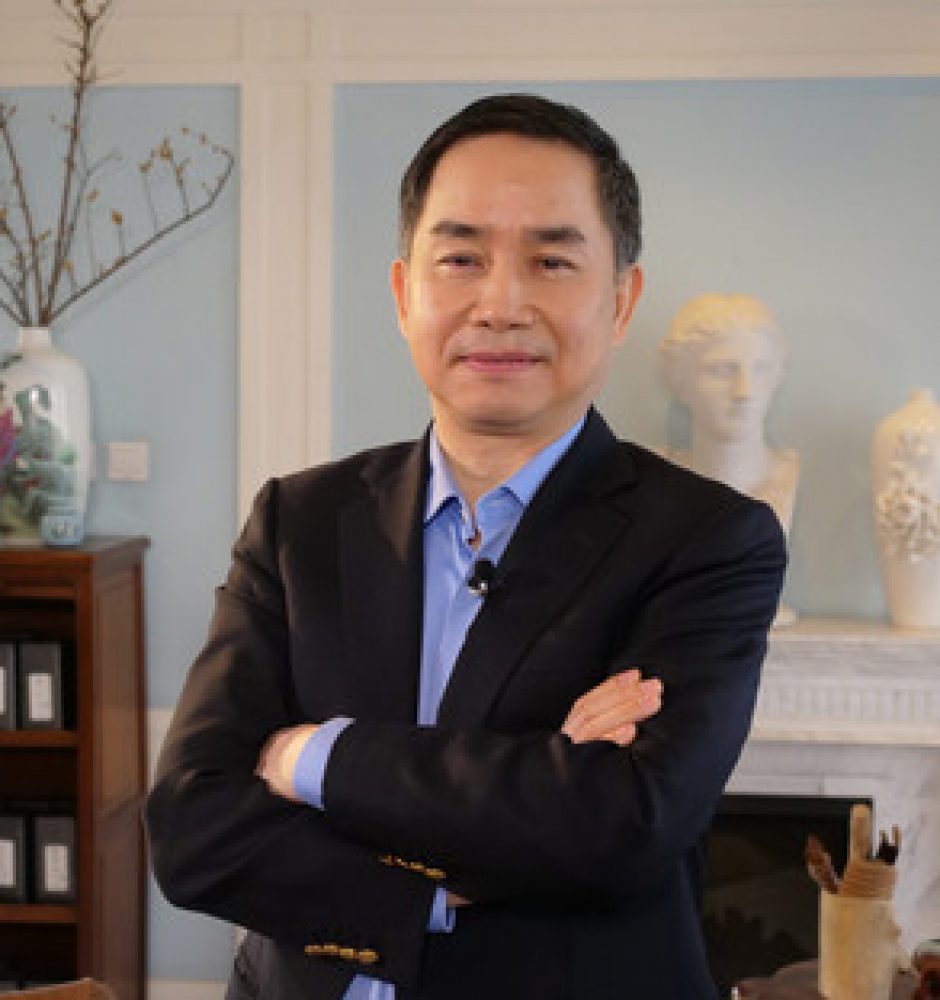Chen Zhiwu, chair professor of finance at the University of Hong Kong, said “The biggest deflation factor is the high sense of insecurity among businesspeople, private firms and officials”. He said “No one feels really secure about tomorrow.”

3910 3079 / 3917 1271
KK 1338
Chen Zhiwu, a chair professor of finance at the University of Hong Kong, said headwinds such as risks of a global recession and US-China tensions would continue to exert “extraordinary pressures” on China’s hi-tech push. “The US tech war has largely thwarted Chinese tech companies’ [initial public offering] opportunities. Even if these tech manufacturers succeed in going public, the potential sanctions would affect their market valuations,” said Chen. He added China’s weak economic momentum is also weighing on the market’s overall willingness to invest, with hi-tech manufacturing just one element. “The rapid development of hi-tech industries over the past 20 years has provided China with a massive boost to its economic boom, this was partly due to the impact of a stable external environment on investor confidence,” Chen said.
Chen Zhiwu, chair professor of finance at the University of Hong Kong, said restoring confidence would be key, but that it would take much more than just talk. “The really useful and meaningful way to boost household and private business confidence is to depoliticise both economic policymaking and the business sector,” he said. “Otherwise, the ‘3D’ challenges – deflation, debt and deleveraging – will continue.”
出书,演讲,评论,他观察中国,也参与中国,溶金融逻辑于中国水土。在资本的海洋中,他俯身细看数字背后的人文,用简洁的经济学语言,解释文明演进与社会建构。他谈理想宏愿,唯万家灯火,是其经济学思想的倒影,仍未倦,且驻讲台,传道授业解惑。在东西方思想交汇处,他笃定,做两者的桥梁。
China only entered the investment banking and fund management game in the 1990s, more than two centuries after Wall Street, said Chen Zhiwu, chair professor of finance at the University of Hong Kong.
Chen Zhiwu, chair professor of finance at the University of Hong Kong, said the pause by the US Federal Reserve, and possible cuts, could be positive for China’s exports but not its financial markets. “The news means more US stock market and bond market upsides in the coming years, possibly luring more capital out from China,” said Chen, adding the US economy could continue to cool further but is unlikely to slip into a serious recession.
"It's definitely in the government's interest to ensure maximum data reliability" said Chen Zhiwu, a finance professor at the University of Hong Kong.
“Politics will for sure further dictate China’s finance, effectively moving China even closer to how it was before the reforms started in 1978,” said Chen Zhiwu, a finance professor at the University of Hong Kong.
"The last 10 years have not been about real reforms and open doors," said Zhiwu Chen, professor of finance at the University of Hong Kong. "Instead, reversals of past reforms have carried the day," he said, adding this has stifled Qianhai's progress.





